DIY Cards

Marie Curie
physicist
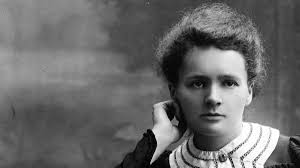
Marie Skłodowska Curie was a Polish and naturalized-French physicist and chemist who conducted pioneering research on radioactivity. She was the first woman to win a Nobel Prize and also the only woman to win it twice.

Frederic Joliot-Curie
physicist

Jean Frédéric Joliot-Curie was a French physicist, husband of Irène Joliot-Curie and Nobel laureate. The crater Joliot on the Moon is named after him. He was elected a Foreign Member of the Royal Society in 1946

Irene Joliot-Curie
physicist, chemist
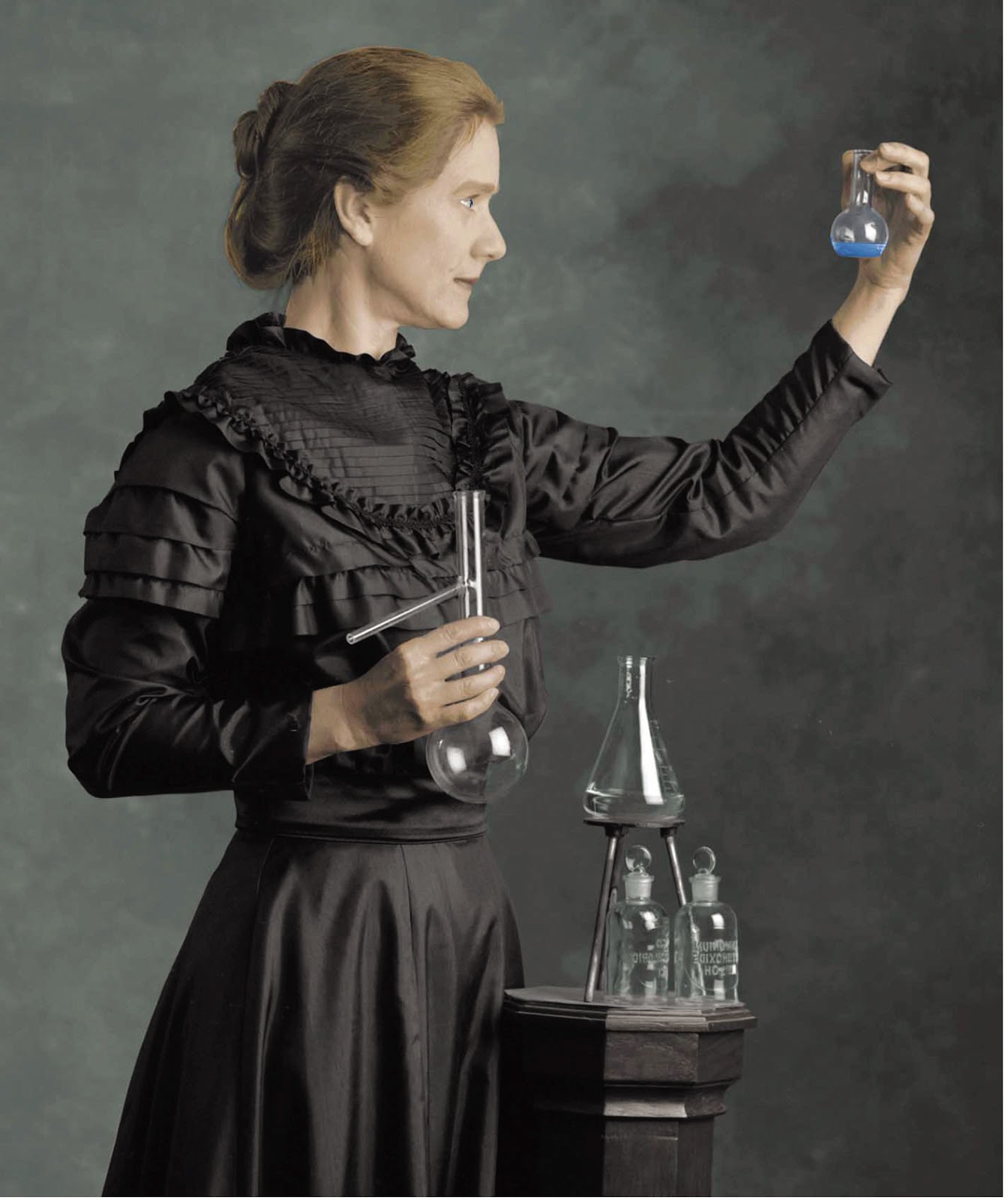
Irène Joliot-Curie was a French scientist, the daughter of Marie Curie and Pierre Curie and the wife of Frédéric Joliot-Curie. Jointly with her husband, Joliot-Curie was awarded the Nobel Prize for Chemistry in 1935 for their discovery of artificial radioactivity. This made the Curies the family with the most Nobel laureates to date. Both children of the Joliot-Curies, Hélène and Pierre, are also esteemed scientists

Ernest Rutherford
physicist
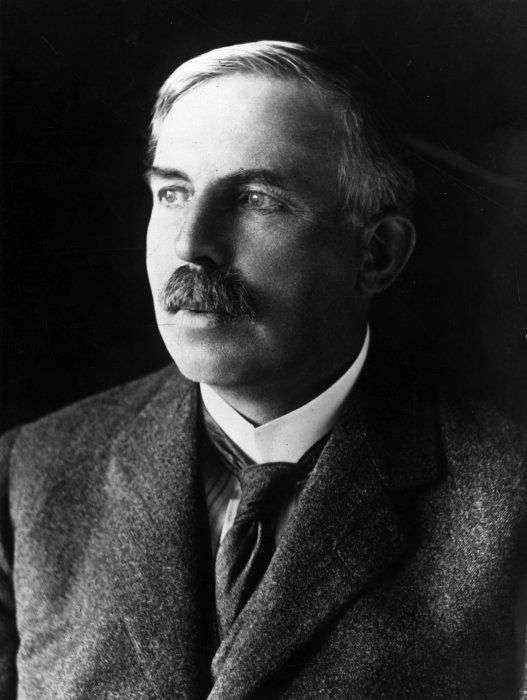
Ernest Rutherford, 1st Baron Rutherford of Nelson was a New Zealand-born British physicist who became known as the father of nuclear physics.In early work he discovered the concept of radioactive half-life.

J.J. Thomson
physicist
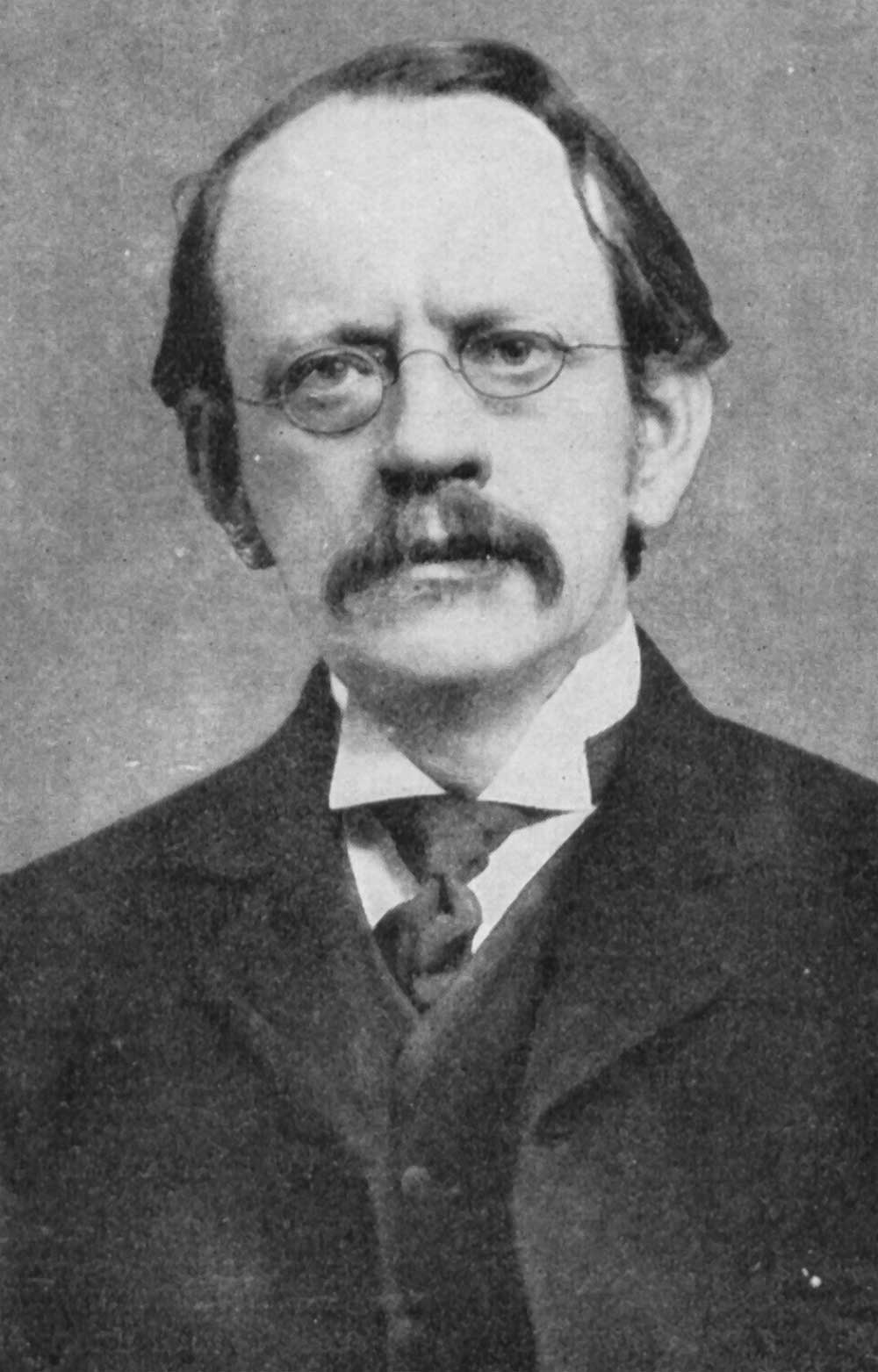
Sir Joseph John Thomson was an English physicist. In 1897, Thomson showed that cathode rays were composed of previously unknown negatively charged particles, which he calculated must have bodies much smaller than atoms and a very large value for their charge-to-mass ratio

Henri Becquerel
physicist
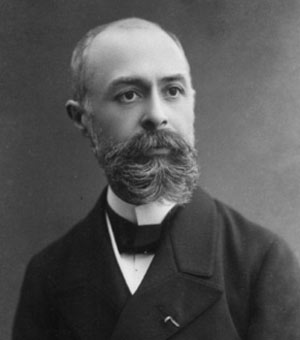
Antoine Henri Becquerel was a physicist, Nobel laureate, and the discoverer of radioactivity. For work in this field he, along with Marie Skłodowska-Curie and Pierre Curie, received the 1903 Nobel Prize in Physics. The SI unit for radioactivity, the becquerel (Bq), is named after him.